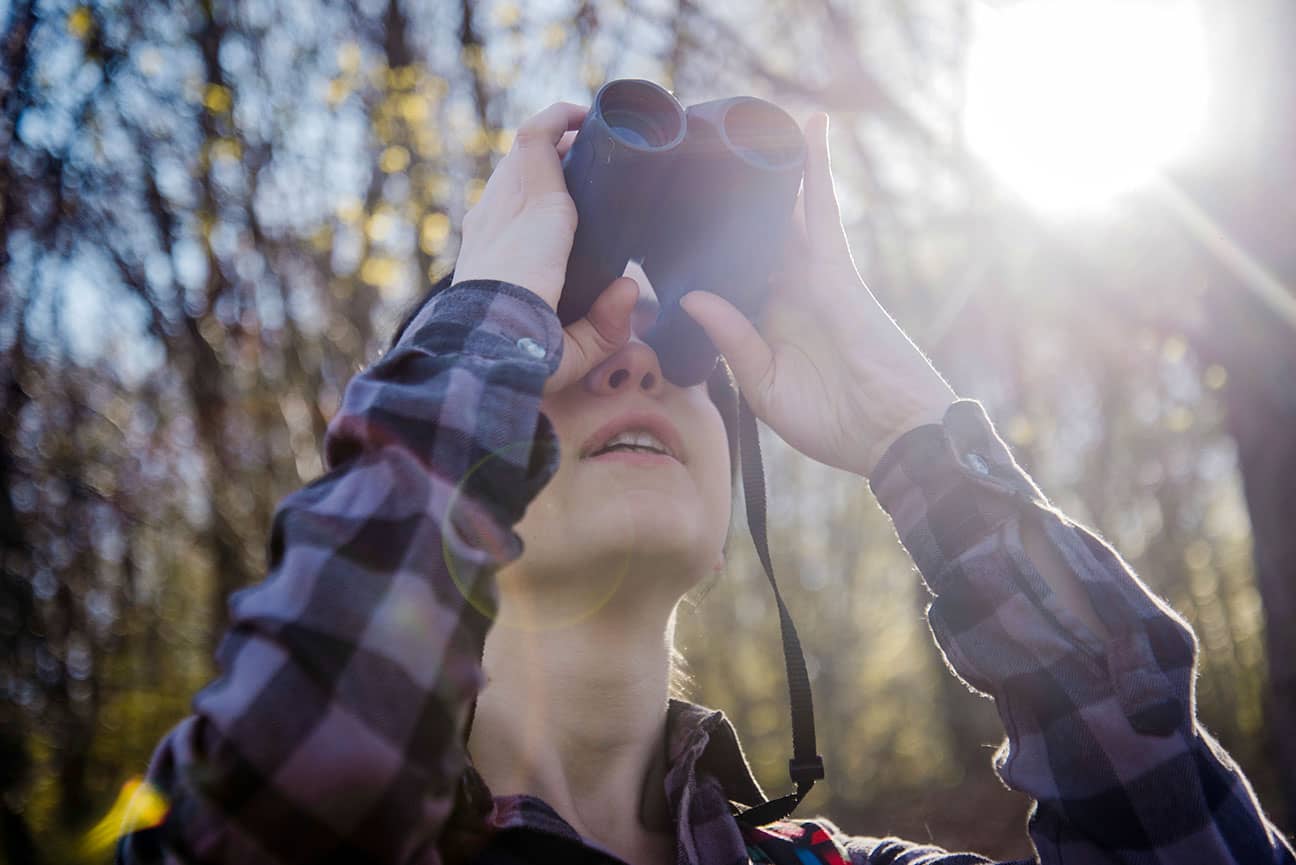OTS facilitates the process of getting your research into the field efficiently. The steps to take vary by country.
- Plan research in Costa Rica: For researchers interested in learning more about the process and requirements for working at La Selva, Las Cruces, or Palo Verde, please read the following sections to begin. If you are a returning researcher, please manage your research through the Research Database.
- Plan research in South Africa: For researchers interested in learning more about the process and requirements for working at Skukuza at Kruger National Park, please contact Laurence Kruger.
Plan Research in Costa Rica
1) Registering your project with OTS
For all research projects to be developed at OTS stations in Costa Rica, please register with the Research Database. The system allows the researcher to state the title of the project, upload a project proposal, indicate the dates of the proposed project, and make reservations. This is a required step for carrying out research at an OTS station in Costa Rica.
After creating a user account, the system guides you through the steps of registering the project to submission. Once submitted, the project passes to OTS science staff to begin the review process. OTS will review the project to ensure that environmental impacts will be minimal and are consistent with station and Costa Rican government guidelines, and OTS will alert the researcher of potential impacts to other projects. OTS will advise you about any additional steps to get your project approved.
OTS must review and approve all projects before the researcher can apply for the necessary permit(s) from the Costa Rican Ministry of the Environment and Energy (MINAE). An essential part of the research permit application(s) is the OTS letter of support to work at our stations.
For questions about registering your project or about the Research Database, please write to Enrique Castro.
2) Pilot visits
OTS does not require a pilot visit before you begin your data collection, but we welcome researchers to make a site visit to the stations before scheduling a longer field season. We recommend that these visits happen during the low season (August through December) when station staff are more available to help you plan your research.
To conduct a pilot visit, write to La Selva Reception (for visits to La Selva) or Las Cruces Reception (for visits to Las Cruces or Palo Verde) to make a reservation and indicate that it is to explore options for conducting research at the station.
3) Estimating costs
To begin budget development for your research project at an OTS field station in Costa Rica, please use the following information to learn about research costs.
OTS has a dynamic fee scale that takes into consideration several factors to determine the station fee rate. These factors include the OTS membership status of the home institution, the researcher’s home country, and the length of the visit. Research visits of up to thirty days qualify as short term, while those over thirty days receive long-term rates. Please note that OTS has different rates for research, education, and natural history station use. Click here to access the OTS fee table.
Station fees include your room and board, access to shared lab and office space, the field, trails and observation platforms, libraries, collections, and Wi-Fi connection. Some services (transportation, exclusive use of office or lab space, special construction projects, among others) are not covered by the station fees and are charged separately (View the PDF list). It is important to note that some services also incur an OTS commission. Please be aware that prices may fluctuate.
4) What to bring
In general, most items are available for purchase in Costa Rica, but here we provide a list of suggested items to bring. This list does not include potential research-related materials, as those are project specific. It is a good idea to get in touch with the OTS station(s) where you will be working to ask about any special materials you may need for your research.
5) Policies and protocols
OTS is committed to providing an environment conducive to education, research, and the enjoyment of nature. We encourage respect to the rights of individuals balanced by the rights of the community and staff. OTS has explicit policies regarding the use of the stations and for collecting and data management.

